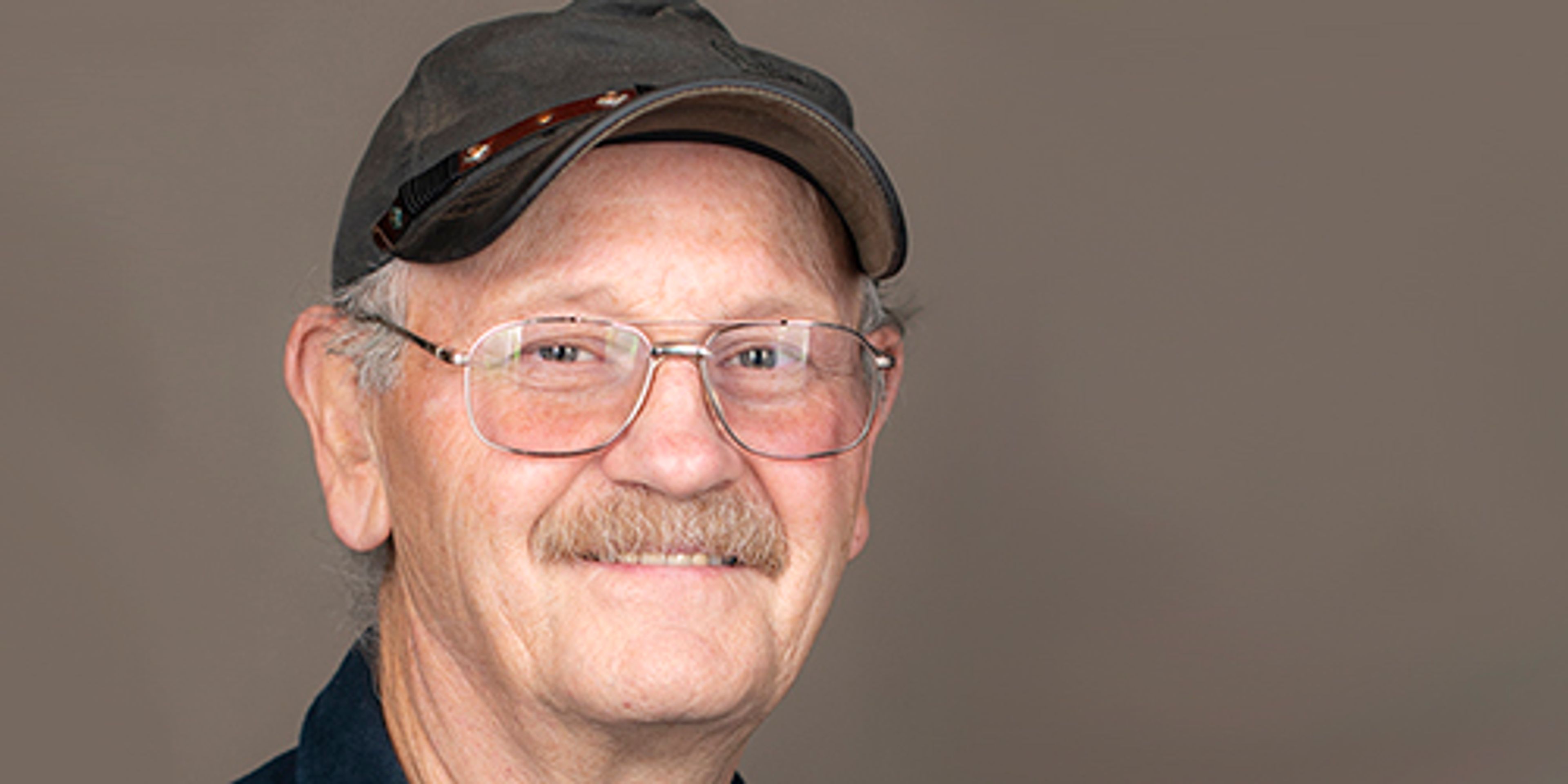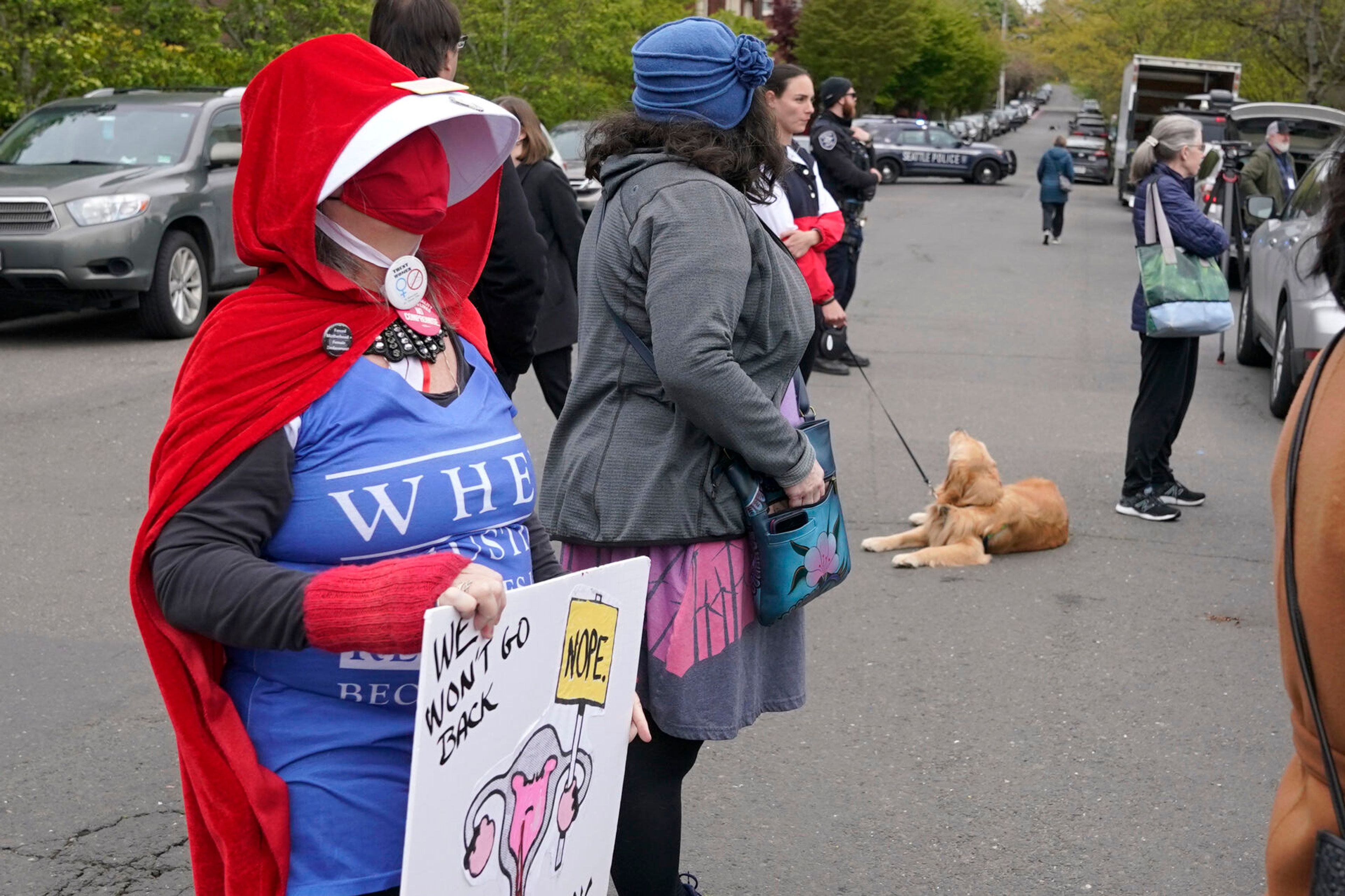Suppose Congress compelled Idaho to recognize the marriages of same-sex couples wed in New York or five other states.
Idaho's anti-gay marriage laws still could apply to its own citizens.
By the same token, what if Congress says Idaho must recognize the medicinal marijuana rights of residents from Washington or 15 other states while they're passing through? Cops could bust any Idaho native who lights up a joint, just not non-residents.
And imagine if Congress decided a citizen of Oregon need not pay sales tax in Idaho because his home state doesn't charge one.
You'd be outraged.
How dare Congress suspend local and state laws, you'd say.
And how dare it extend preferential treatment to carpetbaggers and tourists, you'd protest.
Guns, however, are a different story.
No matter how extreme, gun bills trump anything else. Principles such as states rights, local control and equal treatment under the law are violated - and nobody makes a peep.
This week, with the support of U.S. Reps. Raul Labrador and Mike Simpson, both R-Idaho, and Cathy McMorris Rodgers, R-Wash., the House re-wrote concealed weapons laws enacted by 49 legislatures, imposed its own standard and gave outsiders more rights than the locals.
In essence, the law says any of the 49 states allowing concealed weapons permits must respect a permit issued in another state. Take note: Illinois and the District of Columbia still are off limits.
But not all permits are the same.
For instance, residents in 10 states - including California and New York - may be refused. Cops don't have to provide them a permit.
Elsewhere, four states - including Alaska, Arizona, Vermont and Wyoming - hand them out to any law-abiding citizen.
Idaho and Washington are among the remaining 35, where citizens can obtain a permit after meeting some requirements. Some states are tougher than others. Texas, for instance, requires applicants to undergo hours of live-fire training. Florida and Utah will give you a permit through the mail.
All of which means a permittee from Salt Lake City could be carrying a weapon in Central Park.
Not that the states can't resolve this for themselves. They work out reciprocity agreements all the time. For instance, Idaho recognizes permits from all other states; Washington is more selective. It has agreement with just 11 states.
The bill takes one more swipe at states rights: Anyone who is authorized to possess a firearm in his home state can possess it somewhere else.
So an 18-year-old from North Dakota can carry a gun to California, but his 20-year-old cousin in Los Angeles must wait until he reaches 21 to have a firearm.
Likewise a state that bans gun ownership for any of its citizens who have been convicted of violent misdemeanors - such as stalking - cannot impose the same restriction on visitors.
Simpson, Labrador and McMorris Rodgers are not political automatons who cower at the thought of making unpopular votes.
Simpson has put his job at risk by acknowledging the need to raise taxes to balance the budget.
Labrador has pushed the envelope on immigration policy.
The conservative Club for Growth doesn't like some of McMorris Rodgers' stances, including support for extended unemployment insurance benefits.
Yet they won't get crosswise with the gun lobby, even if it means voting for something as radical as this bill.
Quite simply, they fear the gun lobby more than they trust their own
voters. - M.T.








